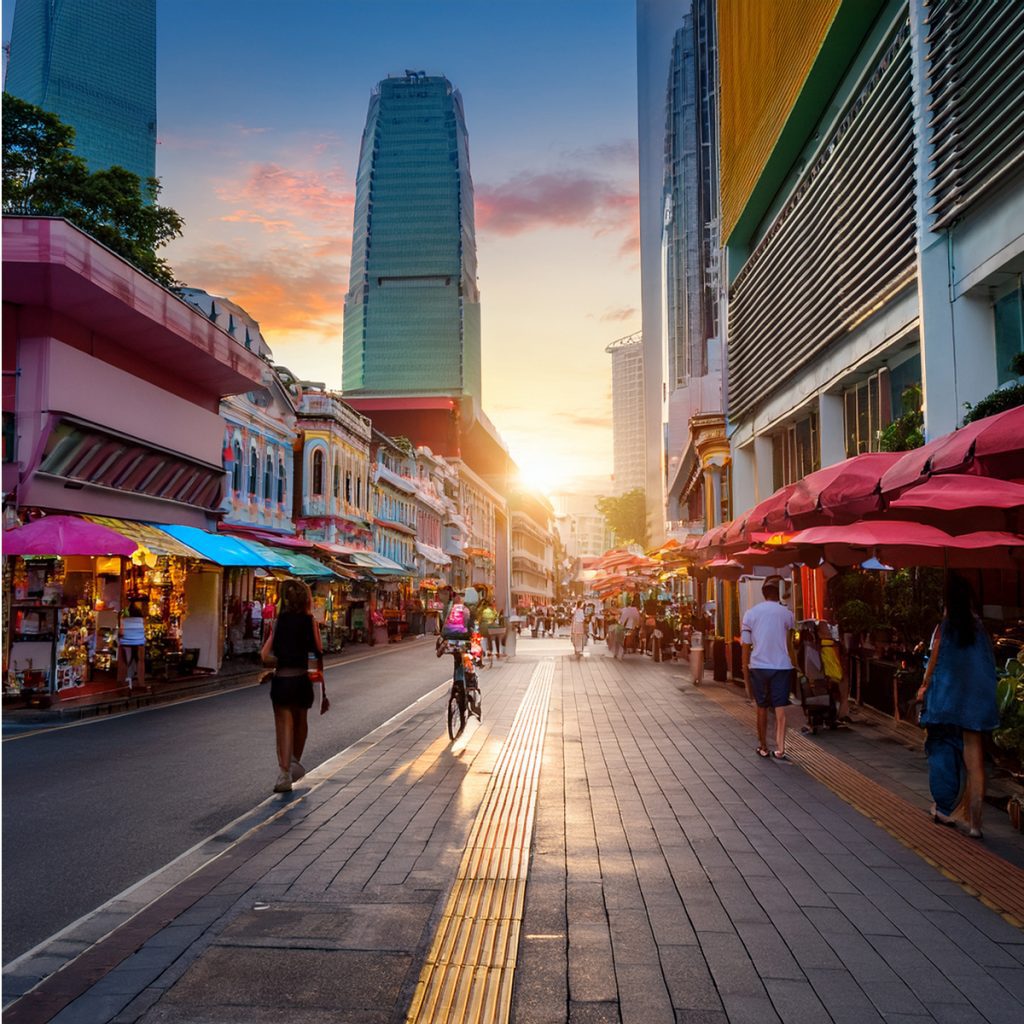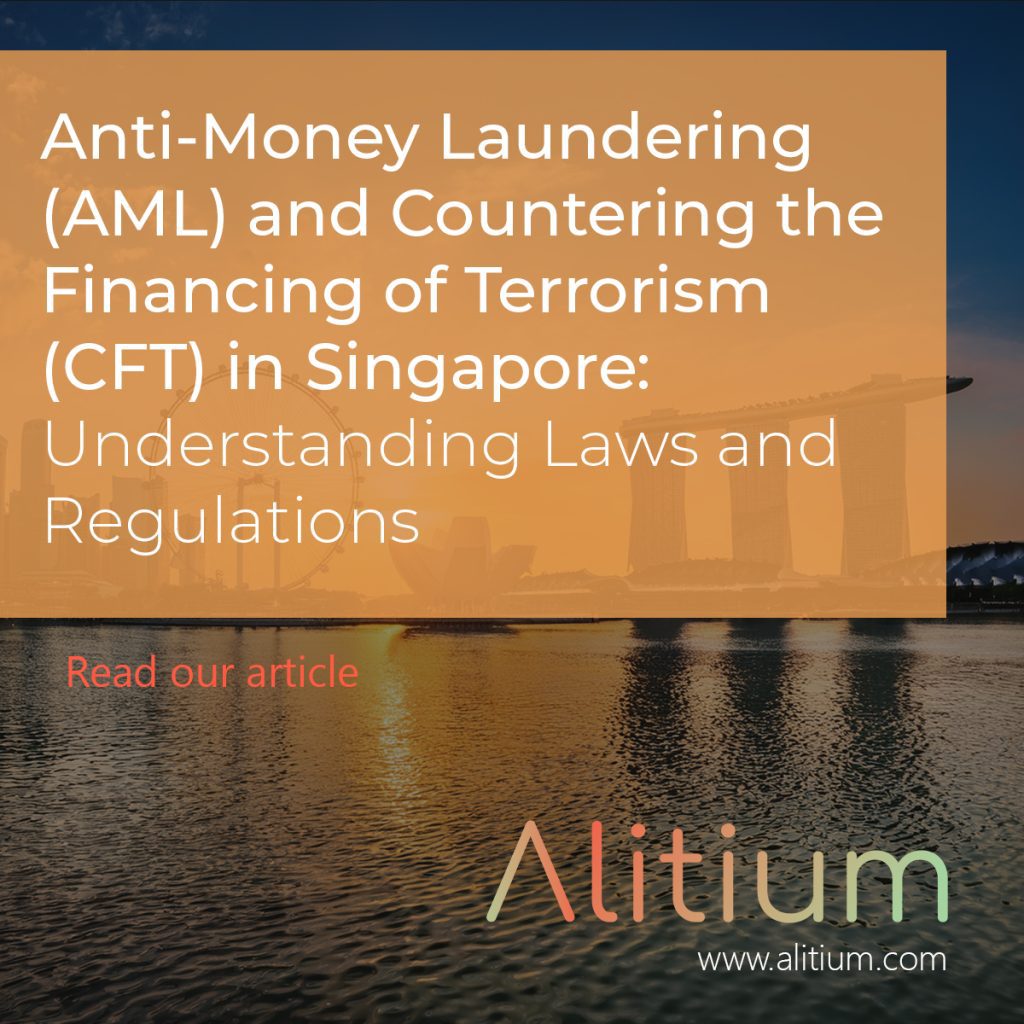A New Chapter for Work Permits for Foreign Workers in Vietnam: Decree 219/2025/ND-CP
With Vietnam’s economic growth and maturity, the demand for foreign experts and workers in Vietnam has continued to evolve. In order to address the changing needs and expectations, and to improve management of processes and requirements, the Government of Vietnam has promulgated Decree No. 219/2025/ND-CP (“Decree 219”). Effective from 7 August 2025, this Decree brings significant changes in the work permit issuance process and regulations related to foreign workers in Vietnam.
Below we have outlined key highlights of Decree 219 to assist with obtaining a thorough understanding of these new regulations. This is crucial for all employers and foreign employees to ensure legal compliance, while also facilitating conditions for investors, companies seeking to employ foreign workers, as well as foreign individuals planning to work in Vietnam.
Changes under Decree 219
Decree 219 introduces several updates across various aspects of regulations when compared to its predecessor, Decree 152/2020/ND-CP (“Decree 152”) (as amended and supplemented by Decree 70/2023/ND-CP), These changes include:
Changes to experience requirements for experts
The definition of an “expert” has been updated with more flexible conditions (Clause 3 Article 3 of Decree 219):
- Standard cases: Requires a bachelor’s degree or higher (or equivalent) and at least 2 years of relevant work experience.
- For specialized fields (science, technology, innovation, national digital transformation, or socio-economically prioritized sectors): Requires a bachelor’s degree or higher and at least 1 year of work experience.
This is an important change from the previous regulations in Decree 152, which required experts to have a minimum of 3 years of relevant work experience.
This adjustment is a strategic move that enables Vietnamese companies to recruit young professionals with deep expertise in key industries more easily. Reducing the experience requirement not only helps companies access high-quality human resources more quickly but also promotes the development of technology and innovation sectors in Vietnam.
Changes to the Work Permit Issuing Authority
One of the more significant changes introduced by Decree 219 lies in the adjustment of the work permit issuance authority. According to the new regulations in Article 4, the competence to issue, re-issue, extend, and revoke work permits, as well as confirmations of work permit exemption, has been transferred to the provincial-level People’s Committees.
This is a key difference compared to the previous Decree 152, which granted this authority to both the Ministry of Labor, Invalids and Social Affairs (for certain specific cases) and the provincial Departments of Labor, Invalids and Social Affairs. With this change, the provincial-level People’s Committee is now the highest competent authority and is simultaneously empowered to delegate this authority to subordinate specialized agencies (such as the Department of Labor, Invalids and Social Affairs) if deemed necessary.
This transfer of authority is expected to simplify administrative procedures and reduce the processing time for applications, making it easier for companies and foreign workers to complete all necessary procedures through a single local point of contact.
Simultaneous processing of work permit and criminal record certificate
Employers can now simultaneously submit online both the work permit application dossier and the application dossier for a criminal record certificate (authorized by the foreign employee) via the National Public Service Portal (According to Clause 3, Article 6).
This change creates a synchronized and efficient processing mechanism:
- The two dossiers will be automatically transferred to their respective competent authorities: the work permit issuing authority (under the provincial-level People’s Committee) and the public security agency that issues criminal record certificates.
- The final result, the digital versions of both the work permit and the criminal record certificate, will be returned simultaneously, eliminating the manual process and prolonged waiting times of the past.
This provision was entirely absent from Decree 152/2020/ND-CP and Decree 70/2023/ND-CP. This interconnected process is a crucial step forward in digitizing and modernizing administrative procedures, bringing clear benefits to both companies and foreign employees.
Expanded cases for work permit exemption for foreign workers
Decree 219 now includes 15 exemption cases in Article 7, surpassing its predecessor (Decree 152), in both the number and clarity of regulations regarding work permit exemptions. Key changes include the clarification of rules for short-term workers:
- Previously, under Decree 152, the exemption applied to foreign workers working less than 30 days per visit and no more than three times per year, with notification requirements remaining unclear.
- Now this has been changed to a total working period of less than 90 days in one calendar year (from 1st January to 31st December) per Point a, Clause 13, Article 7 of Decree 219. This change simplifies the calculation and offers greater flexibility for companies. Although short-term workers may be exempt from a work permit, companies are still required to notify the competent authority in writing at least 3 working days before the foreign worker’s expected start date as per Clause 4 Article 9.
Additionally, Decree 219 has added a important new exemption case that reflects the government’s development priorities: foreign workers in specialized fields such as finance, science, technology, innovation, national digital transformation, or socio-economically prioritized sectors. These need to be confirmed by ministries, ministerial-level agencies, or provincial-level People’s Committees. This is a strategic move to attract leading experts to contribute to Vietnam’s socio-economic development.
Changes to notification procedures for work permit exemption
Employers are no longer required to go through the procedure of applying for an exemption confirmation for cases specified in certain clauses of the Labor Code and Decree 219 (Clause 4, Article 9 of Decree 219). Instead, they only need to notify the competent authority of the foreign worker’s expected employment, at least 3 working days before the start date.
This new regulation significantly reduces the administrative burden and increases flexibility for companies compared to the previous Decree 152, under which employers still had to report to either the Ministry or the Department of Labor, Invalids and Social Affairs.
Updated application dossiers for work permit
Under the new regulations in Article 18 of Decree 219, the report on the demand for foreign workers has been integrated directly into the work permit application dossier. This is a key change compared to the previous process under Decree 152, where companies had to complete two separate procedures. This new provision is expected to significantly reduce administrative time and costs for companies.
Accordingly, a work permit application dossier now consists of the following components:
a) Written request by the employer reporting the demand for foreign employees and requesting the issuance of a work permit, using the template issued together with Decree 219.
b) Health certificate issued by a qualified medical examination and treatment establishment. Where the health examination results have been connected and shared on the Health Examination and Treatment Management Information System or the national health database, submission of a physical copy is not required. For health certificates issued by competent foreign medical establishments, such documents may be used if Vietnam and the issuing country or territory have a treaty or mutual recognition agreement, and provided that the health certificate remains valid for no more than 12 months from the date of issuance.
c) Valid passport.
d) Criminal Record Certificate or written confirmation that the foreign employee is not serving a criminal sentence, has not had their criminal record expunged, or is not under criminal prosecution in the foreign country or in Vietnam. This document must be issued no more than 6 months prior to the date of application submission, except where an integrated administrative procedure for the issuance of both the criminal record certificate and the work permit has been carried out in accordance with the law.
e) Two color photographs (size 4 cm x 6 cm), white background, full-face, bareheaded, without glasses
f) Document proving the form of employment of the foreign employee, being one of the following:
- Written assignment by the foreign employer sending the foreign employee to work on a temporary basis at a commercial presence in Vietnam, confirming that the employee has been employed by the foreign employer for at least 12 consecutive months immediately prior to working in Vietnam (for the case specified at point b, Clause 1, Article 2 of Decree 219).
- Written assignment by the employer together with the contract or agreement entered into (for cases where the foreign employee works in Vietnam under contracts or agreements on economic or social matters and participates in implementing bid packages or projects in Vietnam).
- Service contract between the Vietnamese and foreign partners, together with proof that the foreign employee has worked for the foreign enterprise without a commercial presence in Vietnam for at least 24 months (for cases where the foreign employee works in Vietnam as a contractual service provider).
- Written assignment from the service provider sending the foreign employee to Vietnam to negotiate the provision of services (for cases where the foreign employee comes to Vietnam to offer services).
- Written assignment from the foreign employer sending the foreign employee to work in Vietnam in accordance with the intended position (for cases where the employee is transferred from an overseas entity to work in Vietnam, excluding intra-corporate transferees).
- Documentary evidence proving that the foreign employee is a manager as prescribed (for cases where the foreign employee works in Vietnam as the Chairman or a member of the Board of Directors of a joint stock company, or as the owner or a member of a limited liability company with contributed capital valued at less than VND 3 billion).
g) Document(s) proving that the foreign employee is a manager, executive director, expert, or technical worker as prescribed in Decree 219.
Changes to the work permit processing timeline
The time period for processing a work permit application has been set at 10 working days, starting from the date a complete and valid dossier is received (Clause 3 Article 22 of Decree 219). This represents a change from the previous Decree 152, which stipulated a processing time of 5 working days.
While the processing time has increased, Decree 219 introduces several key reforms that streamline the overall process:
- Interconnected process: The ability to simultaneously process applications for work permits and criminal record certificates (as analyzed in Section 2.3) significantly reduces the total waiting time for employees.
- Integrated procedures: As detailed in Section 2.6, Decree 219 has merged the report on the demand for foreign labor into the work permit application dossier, eliminating a separate administrative step.
Furthermore, Decree 219 provides a clearer timeline for feedback: in cases of non-approval, the competent authority must provide a written response stating the reasons within 3 working days of receiving the complete dossier.
Outcomes for Employers and Foreign Individuals
Decree 219 marks a significant turning point in the management of foreign workers in Vietnam, bringing greater streamlining and flexibility to the work permit issuance process.
For companies, it is essential to update and adapt to these changes. Specifically, this involves reviewing internal procedures, particularly for dossier preparation and submission timelines, to fully leverage the benefits offered by the new Decree.
For foreign professionals, these updated regulations not only simplify the work permit application process but also underscore Vietnam’s commitment to creating a welcoming and attractive environment for international talent.
Our team of experts is dedicated to providing comprehensive support. Should you require in-depth consultation or have any inquiries regarding the work permit procedures under Decree 219, we are ready to assist you in navigating this new landscape with confidence.
For any further questions you may have, please reach out to us at vietnam@alitium.com
********
This article is intended to provide an overview of recent updates and announcement. While it aims to present useful insights, it is important to note that the content shared here should not be considered as formal legal or financial advice. For specific guidance on tax obligations or legal matters related to your business, we strongly recommend consulting with a qualified professional, such as a tax advisor or legal expert or directly reach out to us.








